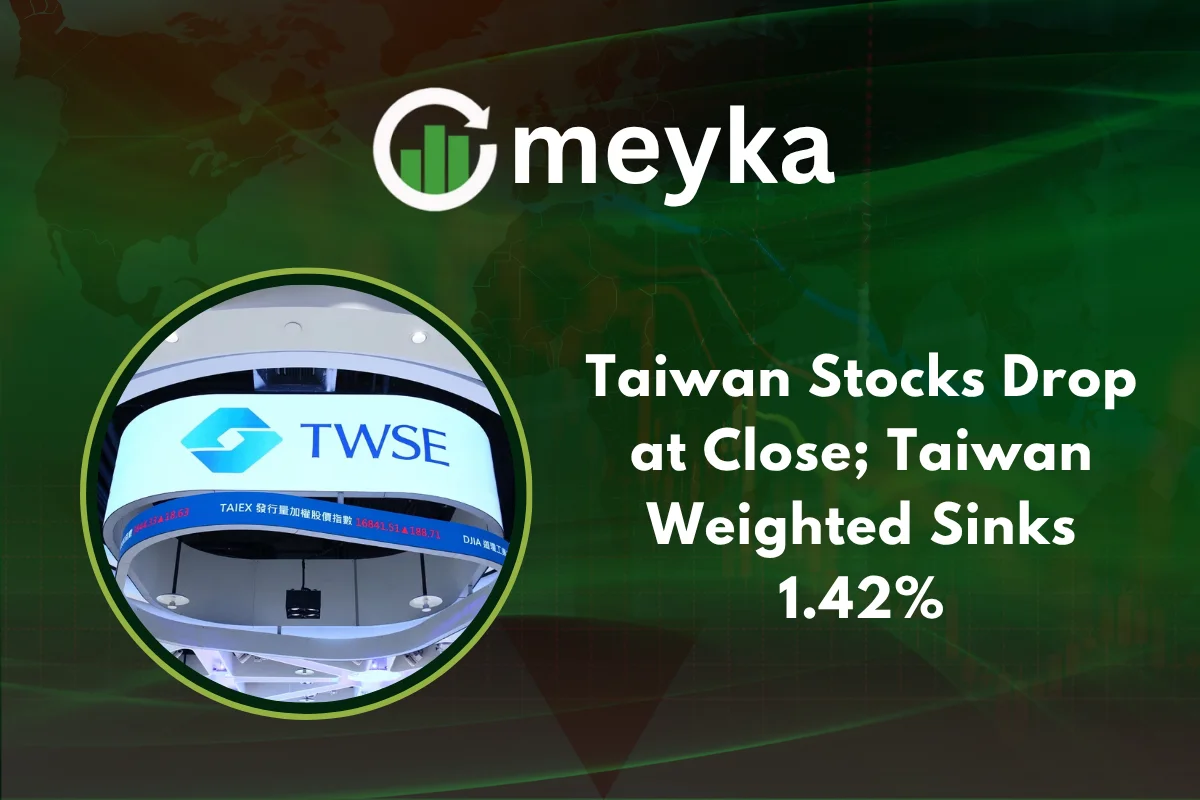Taiwan Stocks Drop at Close; Taiwan Weighted Sinks 1.42%
Investors in Taiwan were greeted with a sharp pull-back as the Taiwan Weighted Index (TWII) slid by 1.42% by the close of trade on 25 June 2025. The broad decline in the market underscores how fragile sentiment has become in Taiwan’s technology-heavy market, especially amid global headwinds and concerns in the broader stock market.
Continue Reading on Meyka
This article is available in full on our main platform. Get access to complete analysis, stock insights, and more.
Read Full Article →





